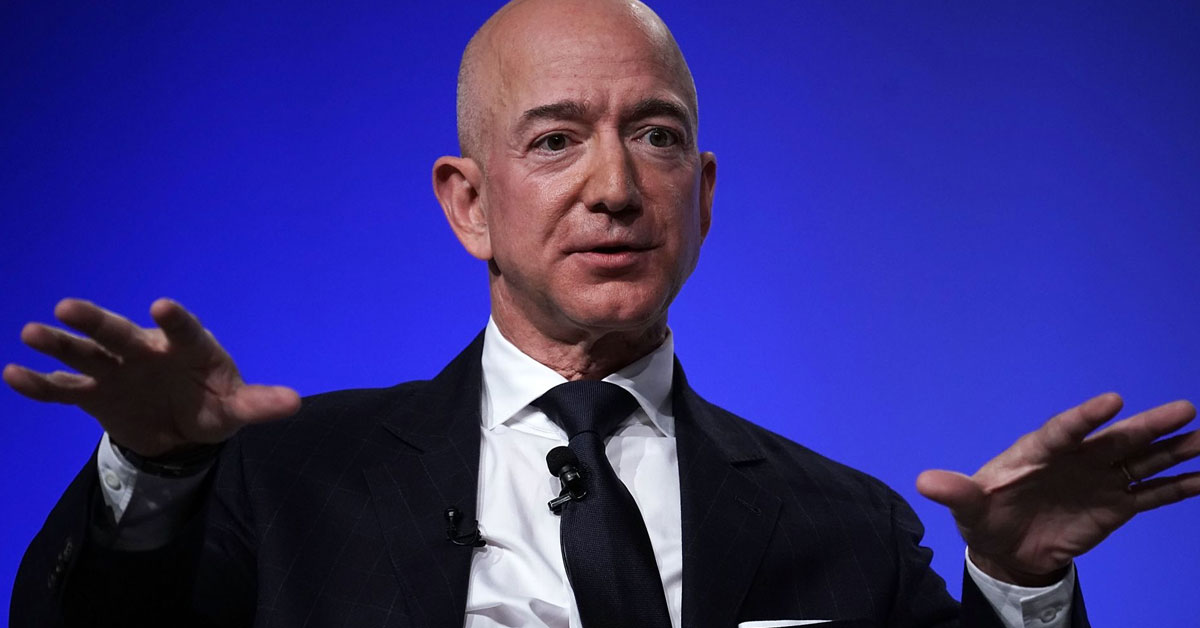A cheaper alternative to patent lawsuits
The program will match a seller claiming infringement and the accused merchant with a neutral, third-party lawyer.
According to engadget.com, the company is testing a program to help fight utility patent infringements. It’s meant to be a cheaper, faster alternative to traditional patent lawsuits, which can cost hundreds of thousands of dollars and take years to settle.
For a $4,000 deposit, the program will match a seller claiming infringement and the accused merchant with a neutral, third-party lawyer. If the accused party doesn’t respond to claims that it violated the seller’s utility patent — which details how a product is used — the product will be removed from Amazon, and the seller will get their $4,000 back. If the accused merchant wants to argue that it should be allowed to keep selling the product on Amazon, it will also have to make a $4,000 deposit. The lawyer makes a decision and collects $4,000 from whichever side loses. The winner will get their deposit back, and according to an Amazon spokesperson, the company doesn’t take a cut from anyone for going through its “Utility Patent Neutral Evaluation” process.
More Amazon news

Trump is targeting Amazon and Alibaba
President Trump signs trade memorandum on counterfeit products President Donald Trump puts Amazon, Alibaba, eBay and other online marketplaces on notice, signing a memorandum that aims to curb the sale of counterfeit items online. “This is a shot across...

Drunken online shopping is big business — especially for Amazon
Drunk shopping is an estimated $48 billion industry 85 percent of drunk shoppers visit and make ill-advised purchases on Amazon Tech and business newsletter The Hustle surveyed more than 2,000 alcohol-drinking adults about their online shopping behaviour...

Jeff Bezos: Smart people make decisions differently than everyone else
Smart people tend to change their mind a lot Smart people are open to new points of view, new information, new ideas, contradictions, and challenges to their own way of thinking Jason Fried, co-founder of Basecamp and co-author of the New York Times...


